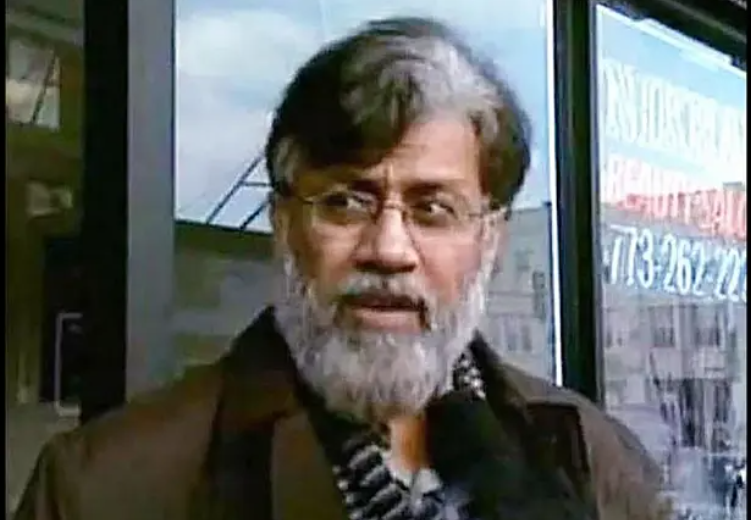In a major diplomatic and counter-terrorism milestone, Tahawwur Hussain Rana—a key figure accused of facilitating the deadly 26/11 Mumbai terror attacks—has been extradited from the United States to India. This development marks a critical step in holding global terror conspirators accountable and delivering long-awaited justice to the victims of the 2008 Mumbai siege.
Who Is Tahawwur Rana and Why Is He on Trial?
Tahawwur Rana is a Pakistani-born Canadian businessman and former military doctor. He is accused of supporting terrorist operations, particularly aiding David Coleman Headley, a co-conspirator who conducted reconnaissance of Mumbai targets in preparation for the attacks. These attacks, orchestrated by Lashkar-e-Taiba, left 166 people dead and over 300 injured over three harrowing days in November 2008.
A Decade-Long Legal and Diplomatic Battle
Rana was arrested in the U.S. in 2009 and later convicted in 2011 for supporting a plot against a Danish newspaper but was acquitted of direct involvement in the 26/11 attacks by a U.S. court. However, India pushed for his extradition for separate charges under Indian law, leading to a prolonged legal standoff in U.S. courts.
From Arrest to Extradition
| Year | Event |
|---|---|
| 2008 | 26/11 Mumbai attacks executed by 10 terrorists |
| 2009 | Rana arrested by U.S. authorities |
| 2011 | Convicted in U.S. for Denmark plot, not 26/11 |
| 2020 | India submits extradition request |
| 2023 | U.S. court approves extradition |
| 2025 | Rana is officially extradited to India (April 10) |
How the U.S.-India Partnership Made This Possible
The National Investigation Agency (NIA), India’s primary counter-terrorism task force, worked closely with American legal and diplomatic channels to facilitate the transfer. This case underlines the growing trust and strategic alignment between India and the United States on anti-terrorism efforts.
What Happens Next in the Trial?
Now under NIA custody in India, Rana is expected to face fresh charges under Indian law, including aiding and abetting terrorism, criminal conspiracy, and waging war against the nation. His trial is likely to reopen evidence from the Headley testimony, exposing deeper international links in the 26/11 operation and potentially highlighting Pakistan’s involvement.
Why This Case Is a Global Precedent
This extradition sends a strong message that no terrorist can hide behind borders or legal loopholes. It also marks a precedent in international law enforcement collaboration on terrorism-related crimes. The United States honoring its extradition treaty with India for such a high-profile suspect reflects growing global intolerance for terrorism financing and facilitation.
Conclusion: A Step Closer to Justice
The extradition of Tahawwur Rana to India is more than a legal event—it is a moral victory and a symbol of justice in motion, even after nearly 17 years. With U.S. support and India’s legal machinery now engaged, this case may finally provide answers and accountability for one of the worst terrorist attacks in South Asian history.
It reinforces the idea that global justice is achievable when countries unite against terrorism. As the trial progresses, the world—and especially the families of 26/11 victims—will be watching closely.
[USnewsSphere.com / msn]





